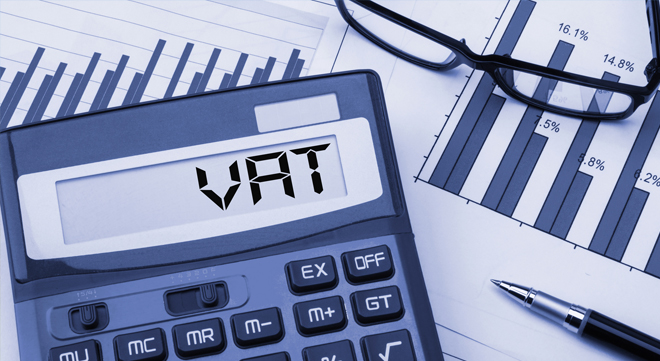A spike in suspicious value-added tax (VAT) registrations has led to a change in the registration process that may cause delays and inconvenience for honest taxpayers.
The South African Revenue Service (Sars) says its risk engine alerted it to an unusual increase in registrations during April, and Sars’s analysis suggests the registrations are aimed at defrauding the fiscus.
Taxpayers wanting to register for VAT may, with immediate effect, be requested to visit a Sars branch in person for validation and accreditation. They must make an appointment at the branch closest to the business and bring all the supporting documents necessary for registration for scrutiny.
The registration will be finalised only if Sars is satisfied that it is a legitimate application.
VAT has always been a high-risk tax for Sars because of the potential for fraud.
During the 2022/23 tax year, VAT refunds amounted to R319 billion of the total tax refunds of R381bn.
Objecting to a penalty
Christo Theron, a tax specialist and presenter of The Tax Faculty’s webinars, recently unpacked the changing landscape of the VAT regime, particularly how to navigate the penalty process.
He noted that taxpayers were often unsuccessful in having their penalties waived, mainly because the requests were not up to standard.
One thing that many people misunderstand is that they cannot object to a penalty; they must first request a waiver. Only when the request is denied can they object to the decision not to waive the penalty.
Theron says the Tax Administration Act provides for two different VAT penalties that are dealt with under different sections in the Act. It is therefore important to understand under which section the penalty is being raised because each has a different process.
In the case of a percentage-based penalty (10%), Sars must issue a penalty assessment that must set out the reason for the penalty, the amount that must be paid, when it must be paid, and how the taxpayer must go about requesting a waiver.
Relevant reasons
The request must explain why the taxpayer was unable to be compliant, and it must be substantiated with the necessary documents that may be required by Sars.
“It is necessary to provide reasons that will be relevant for the waiving of the penalty. Taxpayers must support their statements with objective evidence,” Theron says.
Sars may waive the penalty in full or in part or deny a waiver.
There are specific grounds that Sars will consider before deciding to waive a penalty. These include that it was a first-time incident, the amount relating to the non-compliance was less than R2 000, or there were reasonable grounds for the non-compliance.
There is no definition of “reasonable grounds”, and the taxpayer will have to make his case with sufficient supporting documentation.
When the taxpayer can show that there were exceptional circumstances why he could not comply, Sars is obliged to waive the penalty. These include a natural or man-made disaster, serious illness, or mental distress.
Theron says taxpayer are under the impression that Sars must waive the penalty if they made a capture error. This is not the case. It is only when Sars made the error that the penalty must be waived. Sars is also obliged to waive the penalty if there has been a processing delay.
Sars can also waive the penalty if the taxpayer will endure serious financial hardship because of the penalty. In the case of an individual, they will have to prove that they are not able to meet their basic living requirements. In the case of a business, the taxpayer will have to show that it jeopardises the future of the business.
Bad news penalty
Theron says the second penalty regime is the “bad news penalty”. The understatement penalties range from 10% when there has been a substantial understatement to 200% in the case of intentional tax evasion.
Sars must waive the penalty when there has been as bona fide inadvertent error, which could be tricky to prove because there is again no definition in the Act to what that is.
Sars must also waive the penalty for a substantial understatement (greater than R1 million or 5% of the correct amount of tax) if the taxpayer’s position is supported by an opinion from a registered tax practitioner.
Theron says there is a misunderstanding in practice that the penalty must also be waived in other circumstances if the taxpayer has an opinion. This is not the case when Sars issued the penalty due to reasonable care not taken in completing the return, there was no reasonable ground for the position taken, that the non-compliance amounted to an impermissible avoidance arrangement, gross negligence, or intentional tax evasion.
Theron adds that the onus of proof that an understatement penalty must be imposed remains on Sars. If Sars rejects a request for a waiver, the taxpayer can object to the decision.
Amanda Visser is a freelance journalist who specialises in tax and has written about trade law, competition law and regulatory issues.
Disclaimer: The views expressed in this article are those of the writer and are not necessarily shared by Moonstone Information Refinery or its sister companies. The information in this article does not constitute financial planning, legal or tax advice that is appropriate to every individual’s needs and circumstances.



